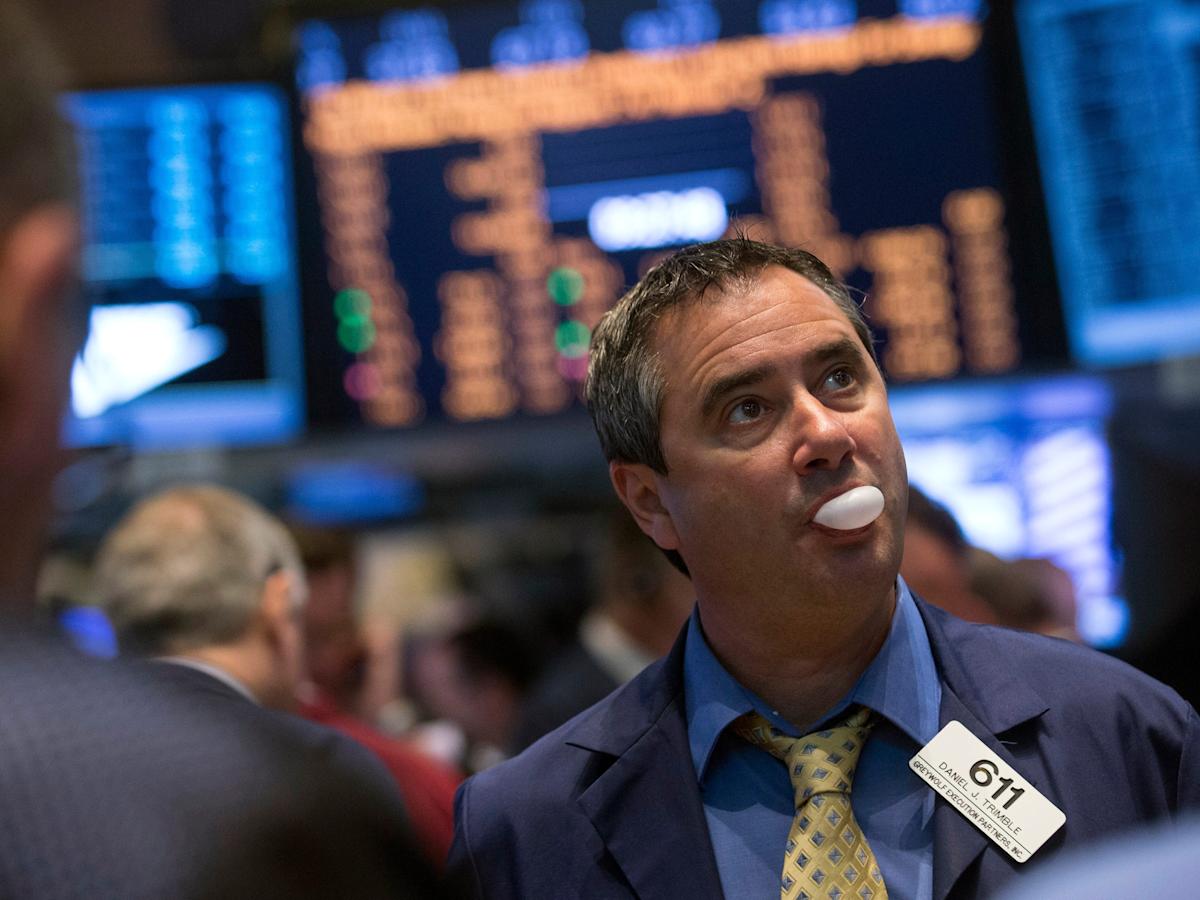-
Stock valuations are rising. Rather than the Mag Seven, look at the “Terrific 20.”
-
The Terrific 20 stocks includes diverse sectors, indicating a broadening market beyond Big Tech.
-
But some warn of “speculative fervor,” given that price multiples, not earnings, are on the rise.
Stock valuations are getting frothy again, but this time, it’s not all Big Tech’s fault.
Yes, valuations of the Magnificent Seven stocks — Apple, Amazon, Microsoft, Meta, Alphabet, Nvidia, and Tesla — are back up after since bottoming in April. Yet, the group’s 12-month forward price-to-earnings ratio is still down from mid-2024, mid-2023, and 2020 levels.
Meanwhile, forward PE ratios on the next 20 stocks in the S&P 500 continue to surge, topping levels seen earlier this year. Their valuations are also higher than at any point over the last decade.
Arun Sai, a senior multi-asset strategist at Pictet Asset Management, calls the group the “Terrific 20.”
Some may see the rising forward expectations for a widening number of stocks as a sign of health, as the rally extends beyond just the most popular stocks.
But when stocks rise because of multiple expansion instead of earnings growth, it may be a sign that investor sentiment is becoming overheated.
“These companies span a broad set of sectors more closely tied to the real economy, including financials, energy, industrials, consumer, and legacy tech,” Sai wrote on Tuesday. “Names like Broadcom, Walmart, JPMorgan, Berkshire Hathaway, Visa, and GE Aerospace now account for ~17% of the MSCI US index, compared to 33% for the Mag 7.”
“Broader participation is a positive — when it’s driven by earnings,” he continued. “But when more of the market gets expensive, the narrative that ‘US equities aren’t overpriced, just a few exceptional companies are’ becomes harder to justify.”
Sai compared the current environment to the so-called “Nifty Fifty” bubble in the 1960s.
Richard Bernstein, the founder of Richard Bernstein Advisors and former chief investment strategist at Merrill Lynch, said in June that there are parallels to another famous episode of euphoria—the dot-com bubble of 2000—as the market seems solely focused on an emerging technology.
On Wednesday, Bernstein reiterated his skepticism of the rally, noting that the market is still relatively concentrated even if valuations are surging among more than just the top seven stocks.
Trading of leveraged ETFs, zero-day options, and low dollar-value stocks is also picking back up, signs of excess optimism, he said.







